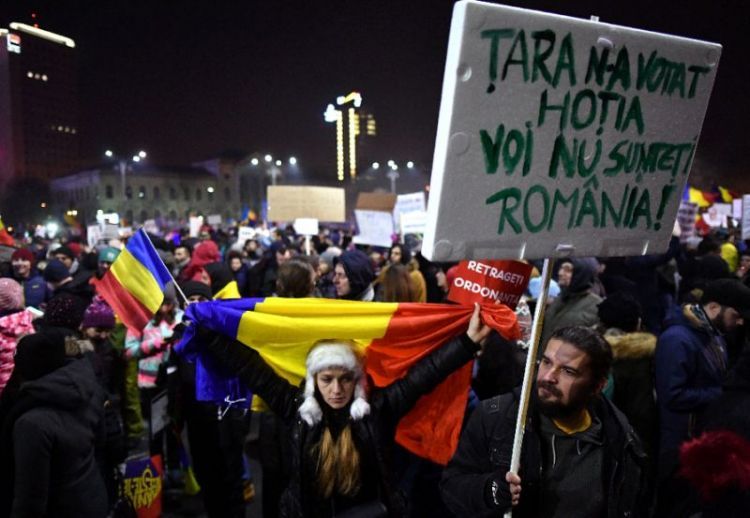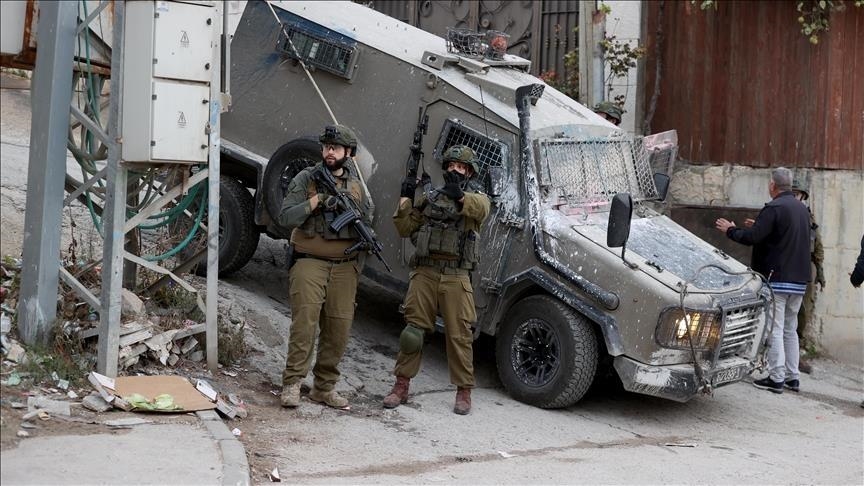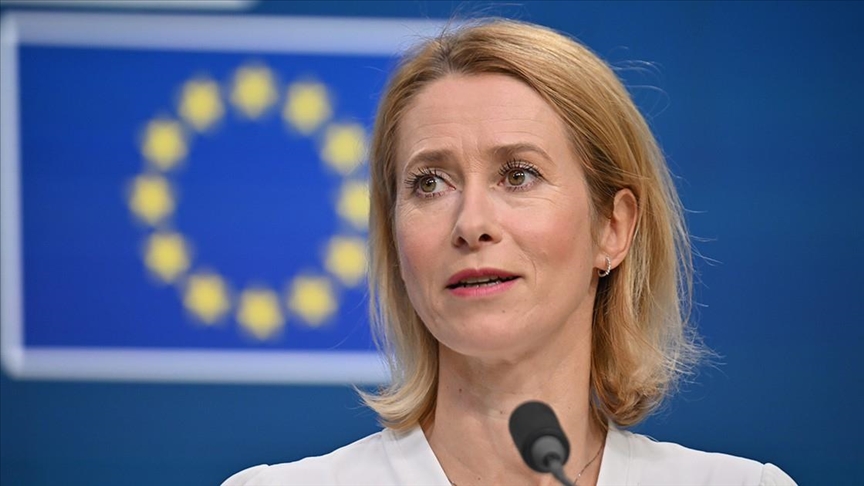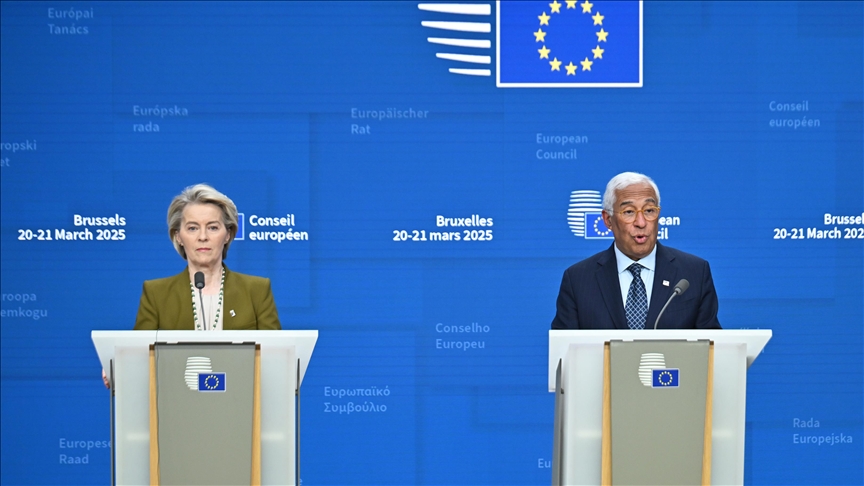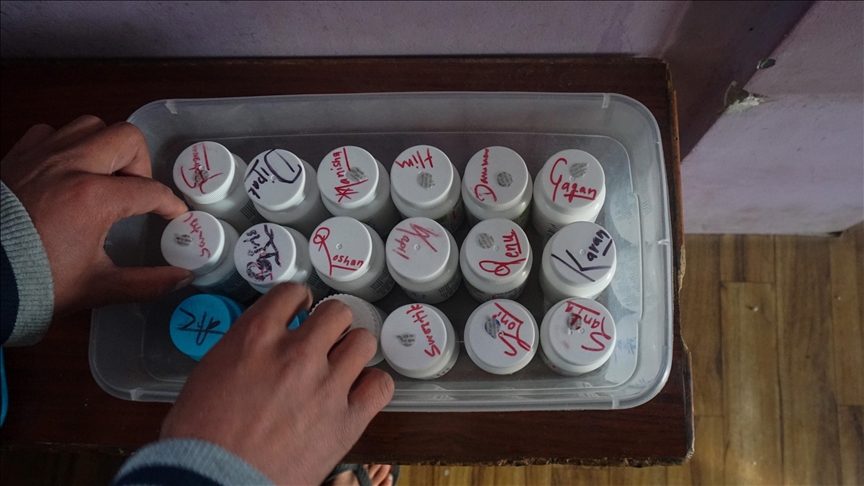Radu Magdin who is a Romanian analyst and consultant, former prime ministerial advisor on external communications gave exclusive interview to Eurasia Diary regarding mass protests in Romania.
Eurasia Diary: More than 100 thousand people have participated in protest against government’s measures versus anti-corruption. From your viewpoint, is it greatest demonstration in history of Romania after 1989 revolution? Is it big victory for democracy in Romania?
Radu Magdin: The last week's protests represent indeed the greatest popular mobilization recorded in Romania after 1989. But, in seeking to analyze the current events, one has to put things into perspective. This is the sixth consecutive year with mass protests in Romania.
Maybe, the number of protesters and the main grievances are significant interest for observers of Eastern European politics, but there is no surprise in the fact that people are taking it to the streets when the government's decisions are going against their values and principles. It happened when the Right was in power in 2012, it is happening now, when the Left is controlling the Parliament and the Executive
administration.
I would say that the protests are an encouraging sign for the Romanian democracy. It shows that, a country is weakened by brain drain, citizens can mobilize and seek influence what the government is doing. At the same time, the lack of efficient institutionalized consultation mechanism is like as concern, together with the low electoral turnout.
Holding government accountably should become the norm and not the exception. I hope that the protest will trigger a major change in the Romanian civic and political culture and not simply lead to a political crisis or a standstill.
Eurasia Diary: Government has abolished ordinance on anti-corruption but government is not required to resign by protests. From your opinion, will it be realized?
Radu Magdin: The probability of snap elections is very low. The coalition between Social-Democrats and Liberals-Democrats have strong parliamentary. It is hard to argue that the government has lost its entire support. Even right-wing President Iohannis acknowledged the right and the responsibility of the PSD-led government to implement its electoral pledges.
The main lesson for the government is that public communication and consultation matter are adopting and implementing sensitive public policies. December vote is proof of public support but is not a blank check. I regard that executive administration must be more careful with its political measures which are necessary for implementing the promised reforms.
Eurasia Diary: The government in Romania has been administrated by numerous parties since overthrow of Chaushesku dictatorship. How do you think, what political and economic changes have been implemented in country for 25 years?
Radu Magdin: Step by step, Romanian democracy has been consolidated and it is not impossible to recognize progress in the country which was made during the past 27 years. The accession to NATO and the EU is only tip of the iceberg, but comprehensive changes have taken place in every major and minor domain. Although, there was fight against corruption during past years, excessive polarization and poverty were slowing down development. However, there is a certain kind of optimism in Romania's future. I have felt it in streets of Bucharest for these days.
The judiciary system is becoming stronger and stronger and the DNA is the example of an Eastern Europe's successful story of institutional reform. No politician is above the law today and this should empower the prosecutors while paying more attention to the public impact of their actions. The system may have its faults, but it cannot be changed over night or by night: a transparent debate on some institutions is the only way forward. Otherwise, instant opposition comes in.
Street protests can be equated with a growing sense of involvement and participation, with citizens willing to shape the destiny of their country. At some point, the political class and political parties have to adapt to the positive changes that are happening within the Romanian society. It is a must if they want to survive.
On the economic side, the evident progress is overshadowed by unequal development and poverty. The wealth is concentrated around the main cities, while the misery rate is crippling especially in the rural Romania. More investment in public infrastructure and a smart plan for small towns’ villages are badly needed.
On one side, we can see that urban generation is asking for accountable government in Bucharest. On another side, we can see that pensioners in the North-Eastern part of the country disagree on government. Bringing together
these two mini-regions is the main challenge for the coming years.
Eurasia Diary: Romania has been member of the European Union since 2007. In your opinion, has Romania been executing commitments and obligations that are proposed by the European Union for political stability, prosperity and eradication of poverty?
Radu Magdin: As earlier, progress is obvious if one takes the Communist period as a term of comparison. Romania is more prosperous, more democratic and more forward-looking than has ever been. No question about that. The question is whether the development, the European integration is happening as fast as expected. And there is no answer, Romanians want more and want better things for themselves and their families.
The catching-up is still a problem and corruption; cronyism and incompetence are typically identified as contributing to backwardness. I would say that competence and political vision are key to push development to the next level, and have a speedy track to a developed country. In terms of EU integration, Romania has been still behaving partly like a candidate country and the political and bureaucratic elite find it hard in order to be pro-active, to define a plan and to follow more pragmatically its objectives. Thus, Romania is a country that is searching for peaceful revolution in good governance and is addressing inequality and poverty while in the EU club and under NATO's security umbrella.
By Yunis Abdullayev

